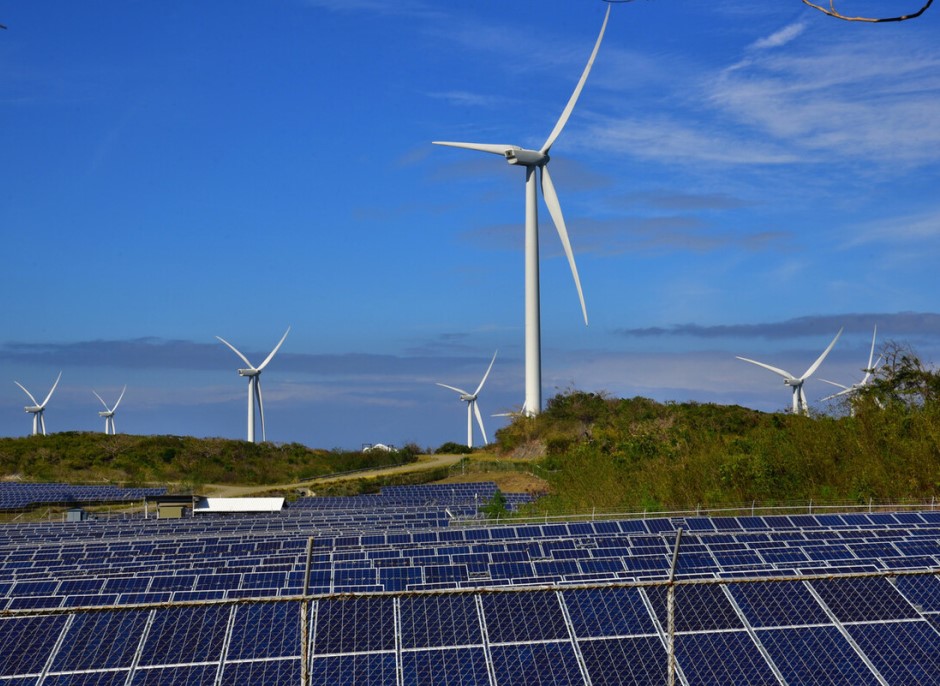
The ASEAN Centre for Energy is studying the market potential of tradeable renewable energy certificates in increasing clean energy investments in the four BIMP-EAGA countries. It is also developing a conceptual framework for a regional renewable energy certificate system. The findings of the 2-year project, which is backed by the BIMP-EAGA-ROK Cooperation Fund (BKCF), are expected to help the countries transition to clean energy and advance climate commitments under the Paris Agreement.
Four ASEAN member states—Brunei Darussalam, Indonesia, Malaysia, and the Philippines—created the BIMP-EAGA in 1994 to spur development in remote and less developed areas that are strategically close to each other. The BIMP-EAGA subregion is rich in renewable energy resources, including natural gas, hydropower, solar, bio-mass, wind, and geothermal energy. Last May, the high-level 15th BIMP-EAGA Summit reiterated that “expanding access to sustainable energy resources” is a top priority. The recommendations of the renewable energy certificate study are expected to provide key insights for this agenda.
The Renewable Energy Certificate System in BIMP-EAGA Countries Project (RECAP) of the ASEAN Centre for Energy, an intergovernmental organization based in Jakarta, is one of two projects in the first batch approved for grant funding by BKCF in June 2022.
The Korean government established the BKCF in 2021 to help promote inclusive and balanced growth in Southeast Asia and contribute to ASEAN Connectivity. The fund supports BIMP-EAGA’s Vision 2025, particularly in three priority areas: connectivity, environment, and tourism. It provides grants for programs or projects of BIMP-EAGA or its member countries. The Global Green Growth Institute (GGGI), a treaty-based international, inter-governmental organization in Seoul, serves as a depositary of the BKCF and manages the fund.
What is a renewable energy certificate?
According to nonprofit International REC Standard Foundation (I-REC Standard), a renewable energy certificate or REC is a type of energy attribute certificate that is issued when a 1 megawatt hour (MWh) of electricity is produced and delivered to the power grid from renewable sources (e.g., solar, wind). It is used to track renewable electricity generation and consumption, and it also enables end-users to claim reductions in carbon emissions.
The certificate can be sold by the electricity producer to consumers through a book-and-claim mechanism. This provides an additional revenue stream to support renewable energy generation and development.
RECs can help accelerate a country’s transition to clean energy and its progress toward decarbonization targets by helping make renewable energy generation economically viable.
Under its energy cooperation plan, ASEAN countries are targeting to reach a 23% share for renewable energy in the primary energy supply and a 35% share in installed capacity by 2025.
Expanding the renewable energy market
Based on project information provided by the ASEAN Centre for Energy, RECAP will assess the market demand for RECs in BIMP-EAGA countries and their readiness to support the growth of local and regional REC trading. It will study the REC registries’ function vis-à-vis national electricity market rules, which will include how the countries assess renewable energy projects and their measurement, reporting, and verification requirements for REC and carbon credit registries.
In developing a conceptual framework for the REC system, the project will examine the roles and responsibilities of domestic verifiers and regional issuers and look into governance and funding strategies.
For this project, the ASEAN Centre for Energy is working with the Department of Energy of Brunei Darussalam, the Ministry of Energy and Mineral Resources of Indonesia (ESDM), the Ministry of Energy and Natural Resources of Malaysia (KeTSA), and the Department of Energy of the Philippines (DoE).
The project is expected to benefit the following:
- Ministries of Energy and related government agencies in BIMP-EAGA that plan or already implement RECs,
- State-owned utilities that plan or already implement RECs,
- Members of RE100, a global initiative of large and ambitious businesses committed to 100% renewable energy, and
- Other private companies that want to be part of the CDP A-list, Dow Jones Sustainability Index, and other renowned rating systems.
Indonesia, Malaysia, and the Philippines have existing national energy attribute certificate schemes that allow the trading and/or cancellation of RECs to make a claim on a voluntary basis. Brunei has also started using RECs after being approved for I-REC for Electricity issuance in June 2022 with United Kingdom-based Green Certificate Company as issuer.
This article was first published by BIMP-EAGA on 9 June 2023.

